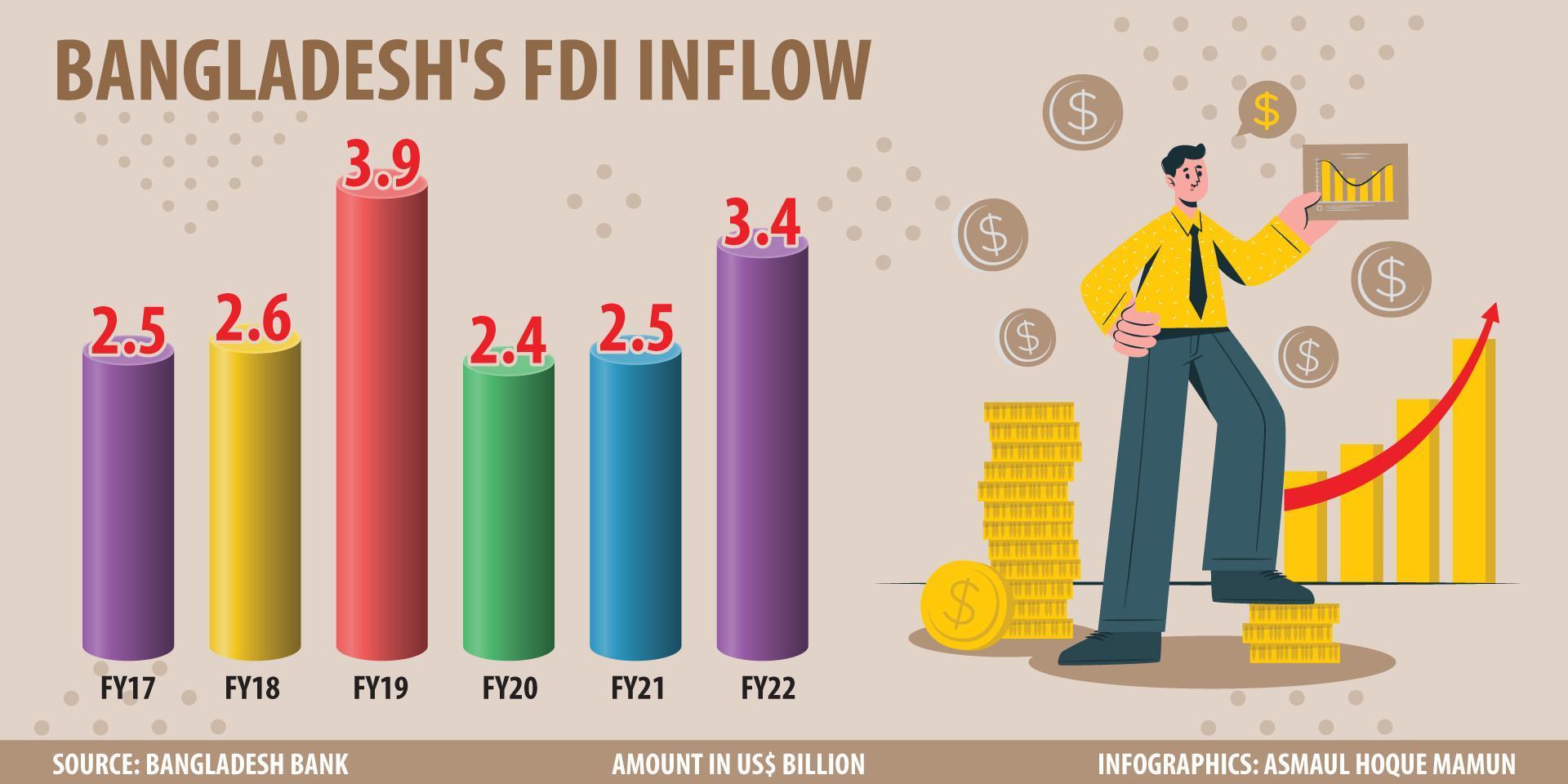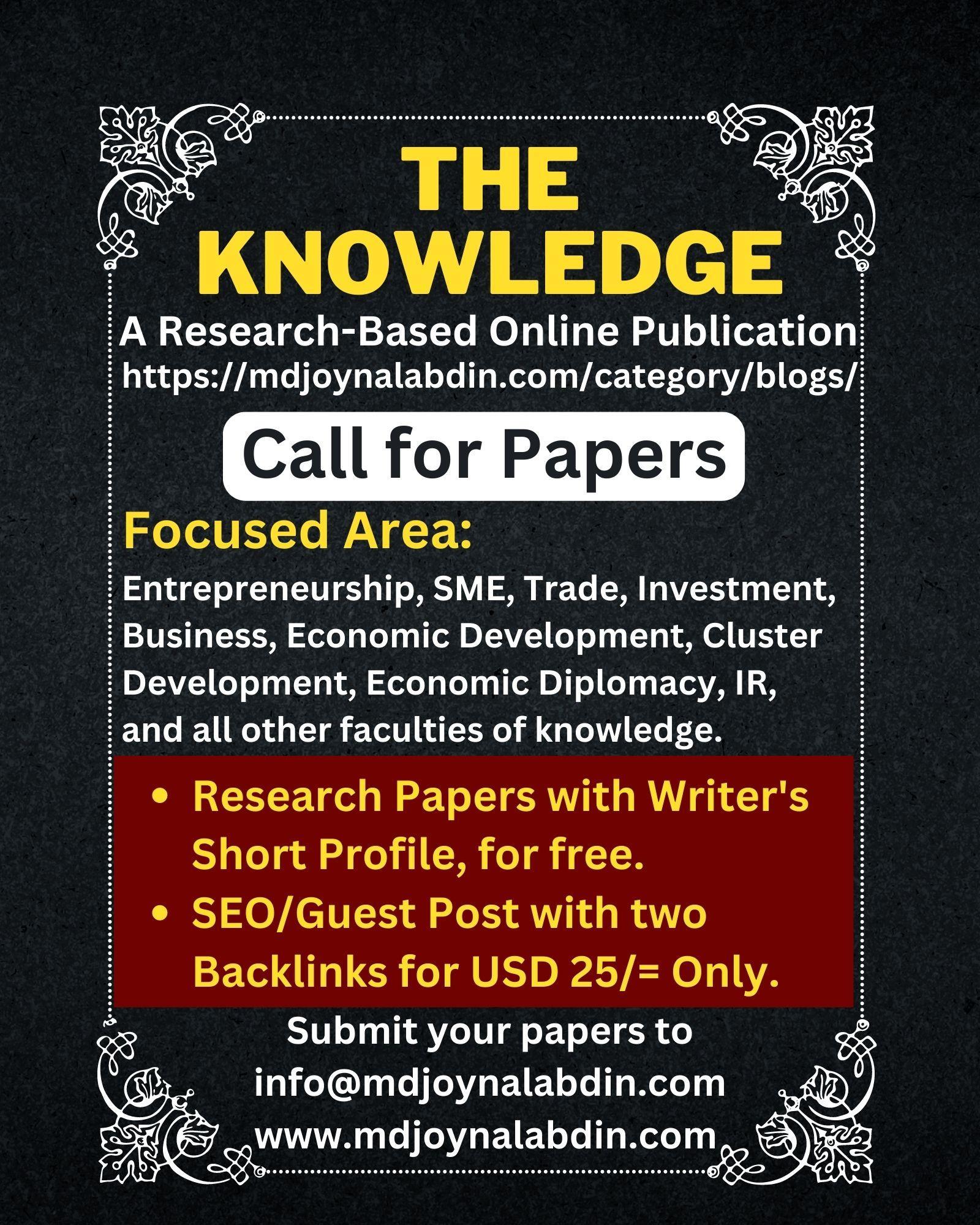Top 10 Career Focused Universities of the World
Top 10 Career Focused Universities of the World Md. Joynal Abdin* Business Consultant & Digital Marketer Co-Founder & CEO of Bangladesh Trade Center A career-focused university, also known as a vocational or professional university, is an institution of…
Read More









![Digital Marketing Infrastructure [P-2]](https://bangladeshtradecenter.com/wp-content/uploads/2023/05/Social-Media.jpg)

 by
by